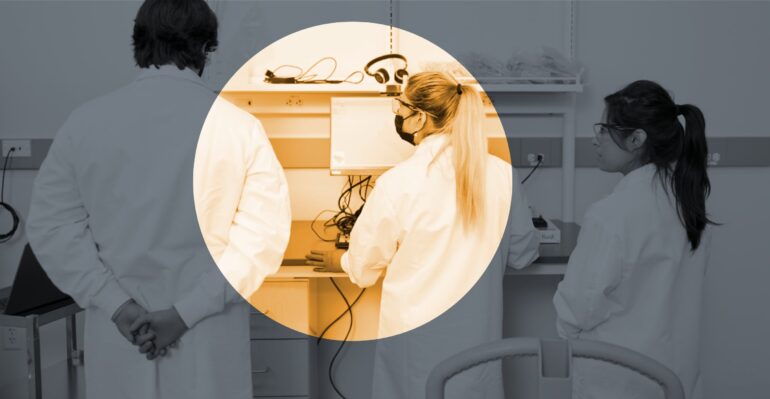TL;DR:
- Harbinger Health raises $140 million in funding to advance its blood-based cancer screening platform.
- The company is developing liquid biopsy tests and sophisticated software for early cancer detection.
- Flagship Pioneering, alongside other investors, fuels Harbinger’s mission to revolutionize cancer screening.
- Results from a study reveal an 82% sensitivity and 95% specificity in cancer detection using Harbinger’s machine learning.
- Harbinger aims to launch its first product in 2025, focusing on routine, affordable, and accessible cancer screening.
Main AI News:
In a significant stride toward revolutionizing cancer detection, Harbinger Health has secured a substantial $140 million in a recent venture capital funding round. The company is poised to unveil a groundbreaking suite of liquid biopsy tests and an accompanying cutting-edge software program, designed to scrutinize collected blood samples for early signs of cancer. This development marks a pivotal moment for Harbinger as it embarks on a mission to reshape the landscape of cancer screening.
The funding round was spearheaded by Flagship Pioneering, the same visionary entity that brought Harbinger out of stealth mode back in 2021. Joining forces with Flagship Pioneering were a consortium of esteemed investors, including Pictet, Partners Investment, and M&G Investments’ Catalyst fund, among others. This infusion of capital represents another stepping stone in Harbinger’s journey, which initially began with Flagship’s commitment of $50 million upon its inception.
The series B funding will be instrumental in advancing Harbinger’s testing model and machine learning software. A crucial element of this endeavor is an ongoing study that has enlisted 10,000 participants to validate the efficacy of the cancer screening platform. Moreover, Harbinger intends to leverage this financial backing to initiate additional studies, with a particular focus on high-risk populations. Simultaneously, the company will expand its data science and commercial teams, enhancing its capabilities to drive innovation.
Notably, results from a recent study, presented at the American Society of Clinical Oncology’s annual meeting in June, demonstrated the potential of Harbinger’s machine learning algorithm. It exhibited an impressive 82% sensitivity and a remarkable 95% specificity in cancer detection, with sensitivity scaling up in tandem with cancer progression.
All these endeavors collectively propel Harbinger toward its ultimate objective: the launch of its inaugural product in 2025. This product will feature a laboratory-developed blood test, complemented by the HarbingerHx software. Together, they will identify biological irregularities signaling the early onset of cancer.
Looking ahead, the wealth of data and analyses amassed by HarbingerHx, alongside the company’s DNA library archiving technology, will fuel a broader array of cost-effective, multi-cancer blood tests. These tests will cater to specific disease types and distinct population groups, underscoring Harbinger’s commitment to making cancer screening routine, affordable, and accessible for all.
Stephen Hahn, M.D., CEO of Harbinger and former commissioner of the FDA, remarked, “At Harbinger, our goal is to lead the way to a future where cancer screening is routine, affordable, and accessible for everyone. We have a unique opportunity to make cancer screening tools work better and work for more people through our biological and technical solutions. We are achieving this by combining machine learning with insights into the biology of cancer’s origins and individual risk in order to provide actionable information to providers, enabling them to guide improved clinical decision making for their patients. This is where I see our greatest potential to reduce cancer mortality rates in our lifetimes.”
Conclusion:
Harbinger Health’s successful funding round underscores the growing demand for innovative cancer screening technologies. With substantial investments and promising results, Harbinger is poised to reshape the cancer screening market, making routine, affordable, and accessible early detection a reality. This development marks a significant step forward in the fight against cancer and offers substantial opportunities for reducing cancer mortality rates.

